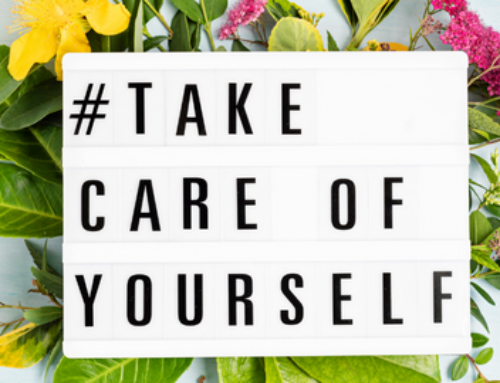If you have recently lost a loved one, you may feel depressed, stressed, and exhausted. These feelings frequently lead to insomnia or a poor quality of sleep in general. Even though you are experiencing emotional turmoil, it is still important that you take care of yourself. Here are several things you can do in your bedroom to increase the likelihood that you will be able to fall asleep at night and rest until morning.
Calm Your Body and Mind
 The first thing you’ll need to do is calm your body and mind. If you are stressed, or if your mind is constantly racing, your body is at a high level of alert. Grief and emotional turmoil produce many of the same sorts of effects as high levels of work-related stress. This means that it is much less likely you will be able to fall asleep according to your usual routine, particularly if you shared a bed with your loved one. Moreover, if you attempt to go through your day without any quality sleep, you will be even less equipped to handle difficult situations and ordeals.
The first thing you’ll need to do is calm your body and mind. If you are stressed, or if your mind is constantly racing, your body is at a high level of alert. Grief and emotional turmoil produce many of the same sorts of effects as high levels of work-related stress. This means that it is much less likely you will be able to fall asleep according to your usual routine, particularly if you shared a bed with your loved one. Moreover, if you attempt to go through your day without any quality sleep, you will be even less equipped to handle difficult situations and ordeals.
To successfully fall asleep at a reasonable time, though, you have to let yourself be able to relax. Mindlessly watching television and drinking alcohol may seem like easy solutions to help you fall asleep, but they will both impede your ability to fall asleep and stay asleep. Instead, particularly in times of stress, one of the most important things you can have is a steady routine. Try to go to sleep at the same time each night and follow the same bedtime ritual.
Improve Your Sleeping Environment
Even if you are under a great deal of stress, a restful environment can help nudge you toward sleep. Make your bedroom a place for sleep, and only sleep — put electronic devices in another room and let yourself rest.  Keep your bedroom dark, cool, and free of clutter. If you’re waking up with aches and pains, or tossing and turning all night, you may want to invest in a fresh mattress that is more suitable to your sleeping needs. People in different stages of life require different types of mattresses, particularly if they are middle-aged or older. The quality of sleep we get decreases as we age, and these effects can be exacerbated with stress and sadness.
Keep your bedroom dark, cool, and free of clutter. If you’re waking up with aches and pains, or tossing and turning all night, you may want to invest in a fresh mattress that is more suitable to your sleeping needs. People in different stages of life require different types of mattresses, particularly if they are middle-aged or older. The quality of sleep we get decreases as we age, and these effects can be exacerbated with stress and sadness.
Investing in an air purifier is an easy way to rid your bedroom of pollutants, making it easier to breathe and, in turn, fall asleep. If you or someone in your house smokes and cannot do so outside, invest in an air purifier that can tackle odor problems and remove smoke particles from the air. Certain other types of gadgets can also help you fall asleep. For instance, eye masks are always useful for blocking out light, but now some brands have become integrated with smart technology to analyze your brainwaves and regulate your body temperature. In general, though, before spending a fortune on devices, try regulating your environment first and see if that improves your sleep.
Remove Triggers from Your Bedroom
 Finally, you may feel like you simply can’t sleep due to your grief, no matter how well-regulated your sleeping space. It may be useful to make your bedroom as free from triggers as possible. This means you may want to go through your loved one’s things and clear the space in your room. Don’t feel like you have to rush the process — if you find yourself unable to go through their belongings for more than half an hour at a time, you could put all of it in a spare room or storage area and go through them once you’re ready. This will enable you to get the rest you need to process your grief in a healthy way.
Finally, you may feel like you simply can’t sleep due to your grief, no matter how well-regulated your sleeping space. It may be useful to make your bedroom as free from triggers as possible. This means you may want to go through your loved one’s things and clear the space in your room. Don’t feel like you have to rush the process — if you find yourself unable to go through their belongings for more than half an hour at a time, you could put all of it in a spare room or storage area and go through them once you’re ready. This will enable you to get the rest you need to process your grief in a healthy way.
Sleep can be difficult to get at the best of times, but is almost impossible in the weeks following the loss of a loved one. By making your bedroom a space for sleep and clearing your mind before bed, you can help yourself fall asleep and become emotionally stronger in the morning.
Photo Credit: Pexels.com






